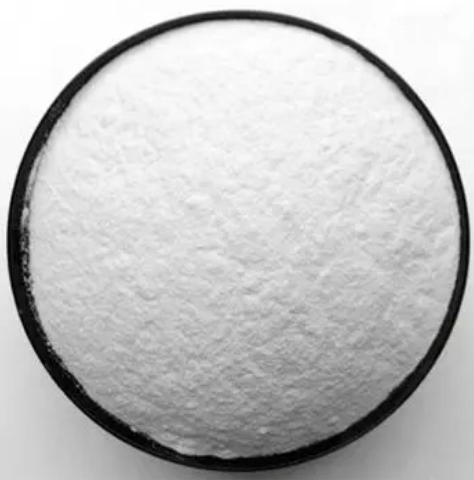Flumequine CAS:42835-25-6
Flumequine is employed in veterinary practice to combat various bacterial infections in livestock, poultry, and fish, including diseases caused by Escherichia coli, Salmonella spp., and other susceptible pathogens. It is administered orally or via feed formulations, providing treatment options for a range of animal species. Veterinarians may prescribe flumequine for conditions such as urinary tract infections, respiratory infections, enteric diseases, and systemic bacterial infections in animals. The dosage and duration of treatment are determined based on the specific infection, the age and weight of the animal, and the severity of the condition being treated. Adherence to prescribed dosages and treatment regimens is crucial to ensure effective antimicrobial action and minimize the emergence of antibiotic resistance. Regular monitoring of treatment response, along with periodic veterinary evaluations, helps assess progress and adjust therapy as needed. While generally well-tolerated, potential side effects of flumequine in animals may include gastrointestinal disturbances, allergic reactions, or rare instances of adverse effects on liver or kidney function. Veterinary professionals play a vital role in overseeing the appropriate use of flumequine, promoting responsible antibiotic stewardship, and ensuring optimal outcomes in the management of bacterial infections in animals.



| Composition | C14H12FNO3 |
| Assay | 99% |
| Appearance | white powder |
| CAS No. | 42835-25-6 |
| Packing | Small and bulk |
| Shelf Life | 2 years |
| Storage | Store in cool and dry area |
| Certification | ISO. |









![5-Hydroxyhexahydrocyclopenta[c]pyrrole-2(1H)-carboxylicacidtert-butylester CAS: 203663-25-6](https://cdn.globalso.com/xindaobiotech/K@NIE7HBAEP6E7J7DS170.png)